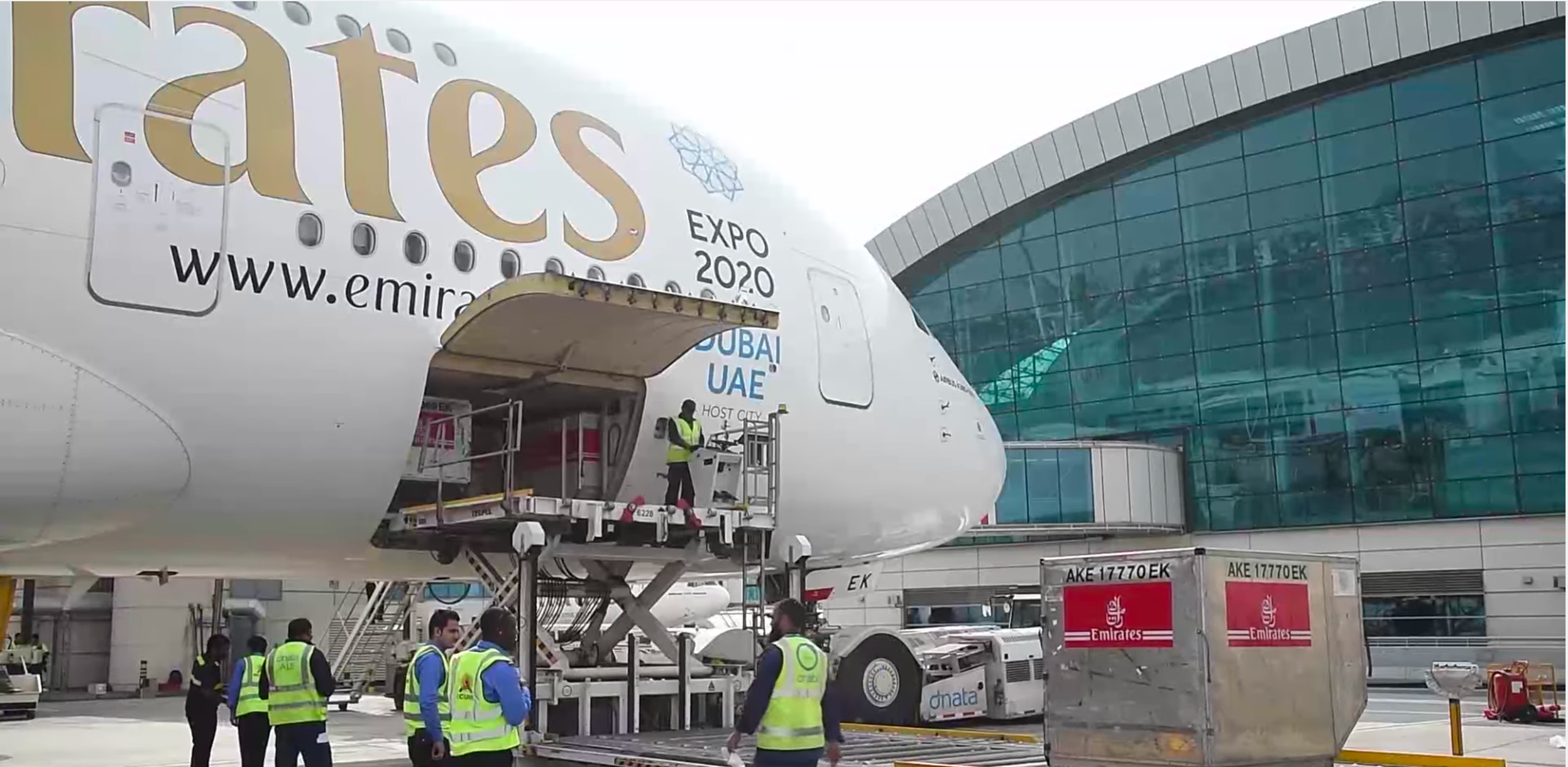European Agency Says Electronics Ban Poses Safety Risk

This week, the European Aviation Safety Agency expressed concern over the ban on carry-on electronics that the governments of both the UK and the US have implemented recently. The Agency, which is responsible for air safety in 32 countries, said that many of the personal carry-on electronics that have been relegated to the cargo hold on several Middle Eastern and African airlines pose a specific security risk due to the flammability of their lithium-ion batteries.
The Germany-based agency recommended that computers and other larger electronic devices should be completely powered off and 'protected from accidental activation.' It has stressed that if a fire were to accidentally start in the cargo hold of a passenger jet, the damage would be 'catastrophic' because, according to the European Cockpit Association, it may not be possible to fight a fire started in the cargo hold as a result of so many lithium ion batteries being packed so close together.

Ever since it was leaked and then formally announced, the electronics ban has been fraught with controversy — US government officials claim that they have intelligence suggesting that larger electronics like laptops are susceptible to be repurposed as devices that can cause fatal damage to aircraft. The latest recommendation from EASA is likely to continue the debate — many airlines and other groups have expressed skepticism over the ban, claiming that it's ineffective and poorly thought out.
See our complete coverage of the electronics ban here.
H/T: Reuters
TPG featured card
at Capital One's secure site
Terms & restrictions apply. See rates & fees.
| 5X miles | Earn 5X miles on hotels, vacation rentals and rental cars booked through Capital One Travel |
| 2X miles | Earn unlimited 2X miles on every purchase, every day |
Pros
- Stellar welcome offer of 75,000 miles after spending $4,000 on purchases in the first three months from account opening. Plus, a $250 Capital One Travel credit to use in your first cardholder year upon account opening.
- You'll earn 2 miles per dollar on every purchase, which means you won't have to worry about memorizing bonus categories
- Rewards are versatile and can be redeemed for a statement credit or transferred to Capital One’s transfer partners
Cons
- Highest bonus-earning categories only on travel booked via Capital One Travel
- LIMITED-TIME OFFER: Enjoy $250 to use on Capital One Travel in your first cardholder year, plus earn 75,000 bonus miles once you spend $4,000 on purchases within the first 3 months from account opening - that’s equal to $1,000 in travel
- Earn unlimited 2X miles on every purchase, every day
- Earn 5X miles on hotels, vacation rentals and rental cars booked through Capital One Travel
- Miles won't expire for the life of the account and there's no limit to how many you can earn
- Receive up to a $120 credit for Global Entry or TSA PreCheck®
- Use your miles to get reimbursed for any travel purchase—or redeem by booking a trip through Capital One Travel
- Enjoy a $50 experience credit and other premium benefits with every hotel and vacation rental booked from the Lifestyle Collection
- Transfer your miles to your choice of 15+ travel loyalty programs
- Top rated mobile app


